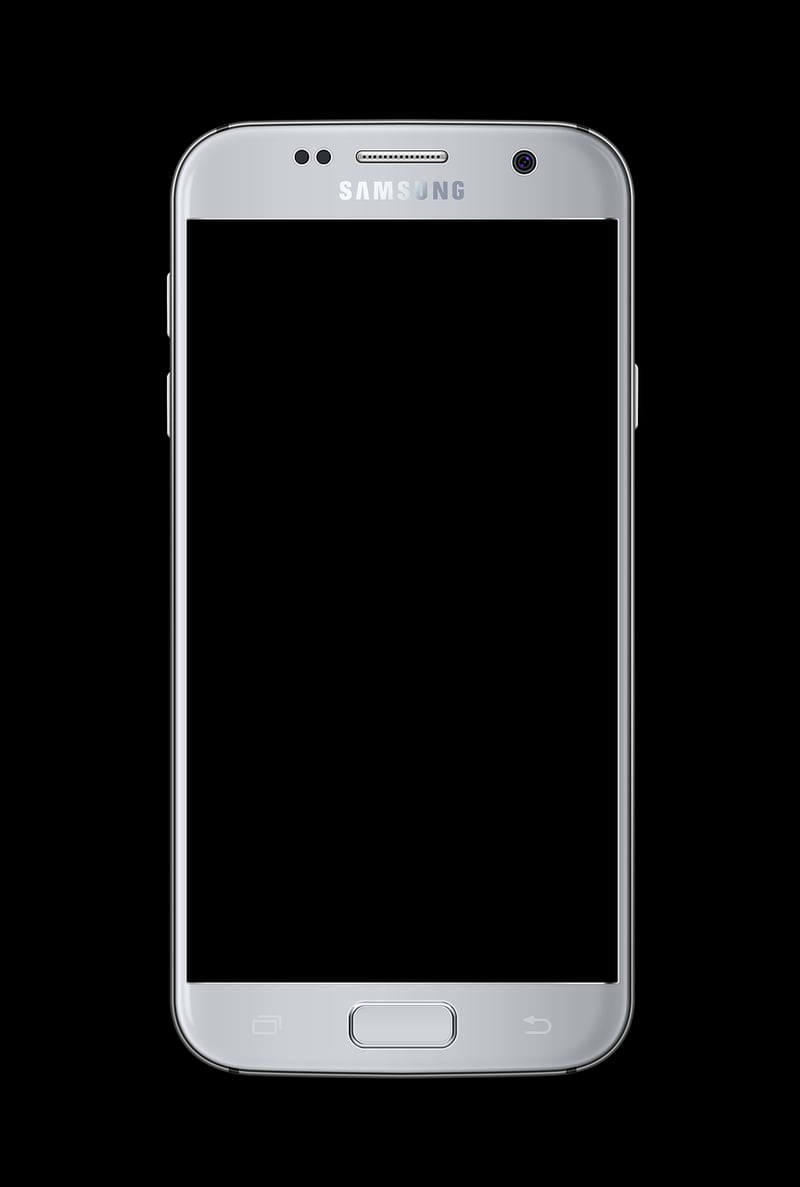Quantum Leaps
Tools for Temporal Travel and Quantum Leaps
Time travel and quantum leaps have long been fascinating concepts in science fiction, captivating audiences with the idea of traveling through time and space. While these ideas may seem far-fetched, there are some tools and theories that have been proposed in the realm of theoretical physics. Let's explore some of these tools and concepts:
1. Wormholes
Wormholes are hypothetical tunnels in spacetime that could create shortcuts for long journeys across the universe or even through time. While their existence is purely theoretical at this point, some physicists believe that they could be used for time travel if they were to be stabilized and manipulated.

2. Alcubierre Drive
The Alcubierre Drive is a speculative concept based on a solution of Einstein's field equations in general relativity. It proposes a way to achieve faster-than-light travel by contracting space in front of the spacecraft and expanding space behind it. While still theoretical and facing significant challenges, it offers a potential mechanism for traveling vast distances in a short amount of time.

3. Quantum Entanglement
Quantum entanglement is a phenomenon where two particles become connected in such a way that the state of one particle instantly affects the state of the other, regardless of the distance between them. Some scientists have speculated that this phenomenon could be harnessed for instant communication across vast distances or even for teleportation, although the practical challenges are immense.

4. Tipler Cylinder
The Tipler Cylinder is a hypothetical time machine proposed by physicist Frank J. Tipler. It involves a massive spinning cylinder that could theoretically create closed timelike curves, allowing for time travel into the past. While this idea is highly speculative and involves exotic matter with negative energy, it showcases some of the imaginative possibilities in theoretical physics.

In conclusion, while time travel and quantum leaps remain firmly in the realm of science fiction, the tools and concepts discussed here highlight the creative thinking and theoretical frameworks that drive scientific exploration and discovery. Who knows what the future holds as our understanding of the universe continues to evolve?
For more information on these topics, you can explore reputable sources such as National Geographic and Space.com.
